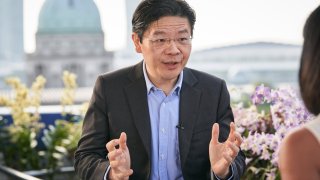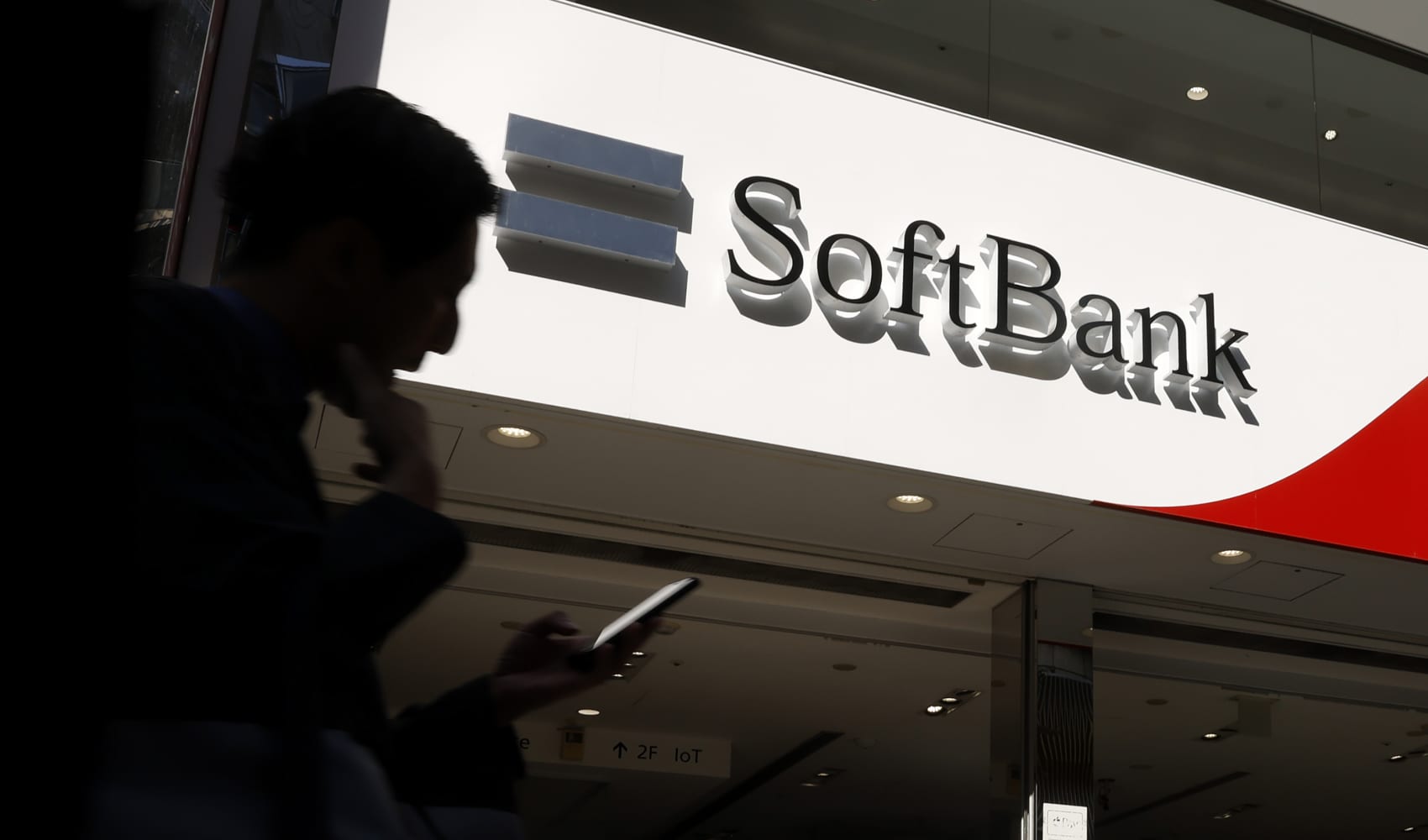
- Rising inflation and layoffs are among the top concerns of Singaporeans.
- The 2023 budget will be delivered by Deputy Prime Minister and Minister for Finance Lawrence Wong, on Feb. 14.
- Calling it his "Valentine's Day present to all," he promised additional measures to help Singaporeans, particularly the more vulnerable and lower-income groups, cope with rising inflation and prices.
Rising inflation and layoffs are among the top concerns for Singaporeans and are expected to be addressed in Singapore's budget for 2023.
The budget will be delivered by Deputy Prime Minister and Minister for Finance Lawrence Wong on Tuesday at 3:30 p.m. in Parliament.
The Singapore budget sets forth a series of measures to support Singaporeans for each financial year, which starts on April 1 and ends on March 31 the following year.
Get Boston local news, weather forecasts, lifestyle and entertainment stories to your inbox. Sign up for NBC Boston’s newsletters.
Wong said the 2023 budget will be his "Valentine's Day present to all," at the launch of the Community Development Council vouchers scheme on Jan. 3.
He also promised measures to help Singaporeans — particularly the more vulnerable and lower-income group — cope with rising inflation and prices.
In 2022, the government rolled out a 6.6 billion Singapore dollar ($4.9 billion) assurance package to cushion the impact of an increase in the goods and services tax through cash payouts, CDC vouchers for daily essentials, utilities rebates and MediSave top-ups.
Money Report
The government topped up the package with an additional S$1.4 billion, bringing the total to S$8 billion. This year's budget announcement is expected to include more details on the enhancements.
Helping households cope with rising inflation
This year, global macroeconomic pressures, the ongoing Russia-Ukraine war and GST hikes are expected to continue pushing commodity prices higher.
The GST rate was raised one percentage point from 7% to 8% on Jan 1. and another one percentage point increase to 9% on Jan 1., 2024 is expected to increase inflation further.
Singapore's core inflation rose 5.1% in December from a year ago. For 2022, core inflation averaged 4.1% – higher than the 0.9% recorded in 2021.
The Monetary Authority of Singapore expects "core inflation to stay elevated in the first half of this year before slowing more discernibly in H2 2023 as the current tightness in the domestic labour market eases and global inflation moderates."
"It is almost definite that they will address the increase in cost of living and inflation [in the 2023 budget] so we should expect direct hand-outs or subsidies for households," Paul Chew, head of Phillip Securities Research, said on CNBC's "Squawk Box Asia" on Monday.
Support for businesses
Rising inflation and GST increases will also affect businesses, particularly small and medium-sized enterprises, that are unable to pass on the higher costs to customers, Deloitte wrote in its Budget 2023 Feedback report. As a result, businesses may expect more support to cope with rising costs this budget.
The S$1.5 billion support package announced on Jun. 21 provided higher subsidies for the progressive wage credit scheme and an energy efficiency grant, which provides up to 70% support for local small and medium-sized enterprises facing increasing energy prices.
It also included enhancements to the enterprise financing scheme, raising the maximum loan quantum from S$5 million to S$10 million between July 1, 2022 and March 31, 2023.
Singapore offers tax incentives, among other policy tools, to attract foreign investments and companies to set up their operations here.
The city-state is exploring a minimum effective tax rate of 15% on multinational companies regardless of where revenue is earned, in order to discourage these companies from shifting profits and tax revenues to low-tax countries.
This would make such tax incentives no longer as attractive.
"Singapore may need to shift away from traditional tax incentives and consider other measures in order to promote investments. As such, Deloitte proposes tweaks to existing incentives and grants to encourage companies to anchor their operations in Singapore," the firm's report said.
Help for laid off workers
The budget is also expected to offer support for laid off workers.
Layoffs jumped to 1,300 in the third quarter of 2022, up from 830 in the second quarter, largely due to cuts in tech. Preliminary data estimated there could be 3,000 layoffs in the fourth quarter of 2022.
The 2023 budget could include unemployment support for these laid off workers.
Previously, the Covid-19 Recovery Grant was rolled out to provide one-off financial support for those who lost their jobs or experienced income loss due to the pandemic.
"Securing Singapore's future whilst addressing near-term challenges is a recurring theme in each Budget. This year's budget should be no different," Low Hwee Chua, regional managing partner for tax & legal at Deloitte Singapore and Southeast Asia, said in Deloitte's Budget 2023 Feedback report.
"We expect the Singapore government to continue attracting our fair share of investments and creating good jobs for all Singaporeans, even as global investment competition intensifies."
"We also expect the Singapore government to assist families/households and workers/businesses in identifying and seizing new opportunities in this more volatile and complex world, even in the face of greater uncertainties and volatility," he added.






